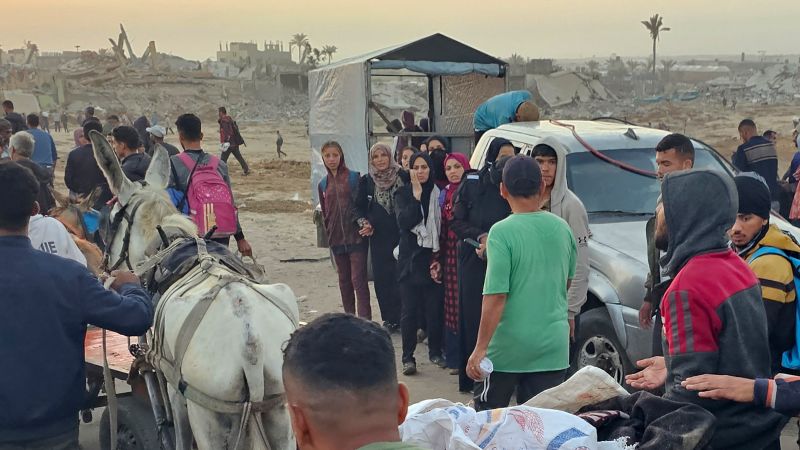The Silent Crisis: How Immigration Policies are Impacting Mental Health in US Communities

Recent shifts in federal immigration policy are creating a ripple effect far beyond the headlines of apprehension and deportation. While the immediate concerns often revolve around legal status and family separation, a less visible but equally significant consequence is emerging: a widespread and escalating mental health crisis within migrant communities. This impact is particularly acute in cities like Miami, Los Angeles, and New York – urban hubs with high immigrant populations.
The anxiety and uncertainty generated by stricter enforcement, increased border security measures, and the potential for sudden deportation are taking a heavy toll. Families live in constant fear, unsure if a loved one will be taken away at any moment. This pervasive fear disrupts daily life, impacting work, education, and social connections. Children, in particular, are vulnerable, experiencing increased stress, anxiety, and even post-traumatic stress disorder (PTSD) as they witness the distress of their parents and the disruption of their lives.
The Psychological Toll: More Than Just Fear
The mental health consequences extend beyond just fear. The erosion of trust in institutions – law enforcement, government agencies – is profound. This lack of trust makes it difficult for individuals to seek help, even when they desperately need it. Furthermore, the social isolation that often accompanies immigration, combined with the added stress of policy changes, can exacerbate feelings of loneliness and depression.
Miami: A Case Study in Vulnerability
Miami, a city with a significant Cuban and Latin American population, serves as a poignant example of this crisis. The changes in immigration policies have fostered an environment of heightened anxiety and fear within the community. Local mental health professionals are reporting a surge in demand for services, particularly among families with mixed immigration status – where some members are citizens and others are not.
Addressing the Crisis: A Call for Action
The mental health crisis within migrant communities is not merely a consequence of immigration policy; it is a humanitarian issue that demands immediate attention. Addressing this crisis requires a multi-faceted approach:
- Increased Access to Mental Health Services: Funding for culturally competent mental health services in immigrant-rich communities is crucial. Services should be affordable, accessible, and tailored to the specific needs of diverse populations.
- Community Outreach and Education: Raising awareness about mental health resources and reducing the stigma associated with seeking help is essential.
- Policy Advocacy: Advocating for policies that promote stability and reduce fear within immigrant communities can mitigate the psychological impact of enforcement measures.
- Trauma-Informed Care: Recognizing that many immigrants have experienced trauma, providing trauma-informed care is vital for effective treatment.
Ignoring the mental health consequences of immigration policies is not only morally reprehensible but also economically short-sighted. Untreated mental health issues can lead to decreased productivity, increased healthcare costs, and a strain on social services. Investing in the mental well-being of immigrant communities is an investment in the overall health and prosperity of our nation.
The current situation calls for empathy, understanding, and a commitment to ensuring that all individuals, regardless of their immigration status, have access to the support they need to thrive. The silent crisis of mental health within migrant communities is a challenge we must confront with urgency and compassion.




